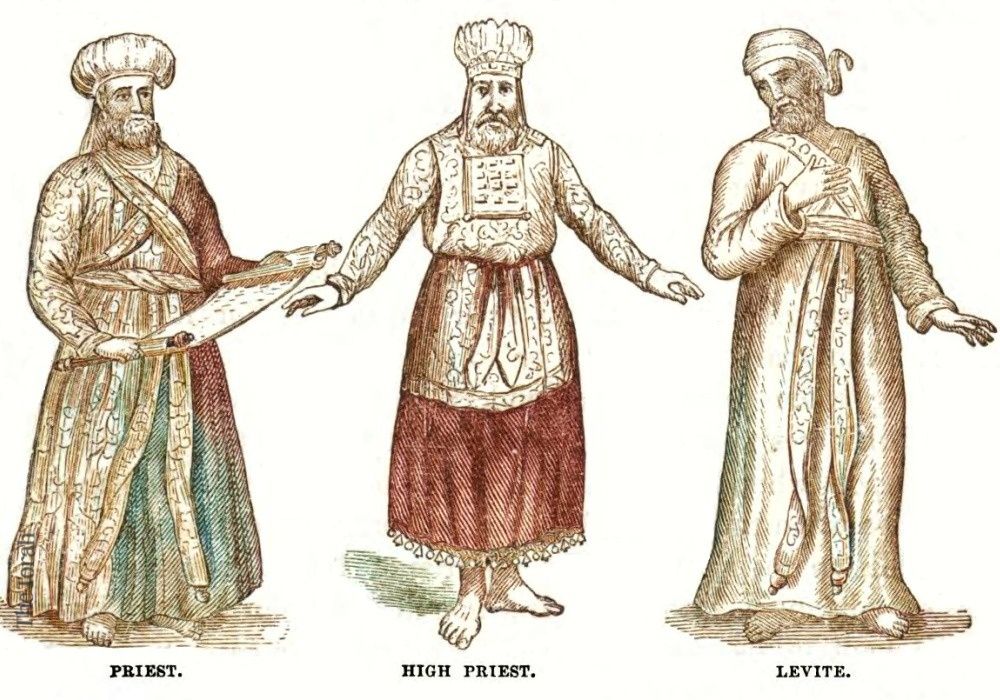
The Shabbat before Passover, known as Shabbat HaGadol, features special customs such as reading part of the Passover Haggadah (from “We were slaves” until “to atone for all of our sins.”) Traditionally, rabbis speak to their congregations on this day about the laws of Passover and how to properly observe them.
But what does it mean that this Shabbat is Gadol (usually translated as “great”)? The Sfas Emes (Rabbi Yehudah Aryeh Leib Alter 1847-1905) analyzes the word Gadol by comparing duties of a Kohen (Priest) and a Kohen Gadol (High Priest). When a Kohen starts his career of performing the sacrificial service in the Holy Temple, he must bring a special meal-offering. The Kohen Gadol brings this special sacrifice every day that he serves. We can thereby deduce that one difference between a Kohen Gadol and a regular Kohen is that the former must re-dedicate himself to the Temple service every day.
The Ohr Gedalyahu (Rabbi Gedalia Schorr, 1910-1979) concludes from this that the word Gadol implies not only greatness but renewal. Shabbat HaGadol is a time to renew ourselves, to re-dedicate ourselves to spiritual service in preparation for Passover. During the Seder and throughout the holiday, we are instructed to flatten our ego (like matzah) and be thankful to God for bringing us from slavery to freedom. This Shabbat HaGadol, may we be like the Kohen Gadol, and dedicate ourselves anew to serving the Holy One!
Image: Kohen, Kohen Gadol and a Levite (C. Foster, 1873)
Get the best of Accidental Talmudist in your inbox: sign up for our weekly newsletter.